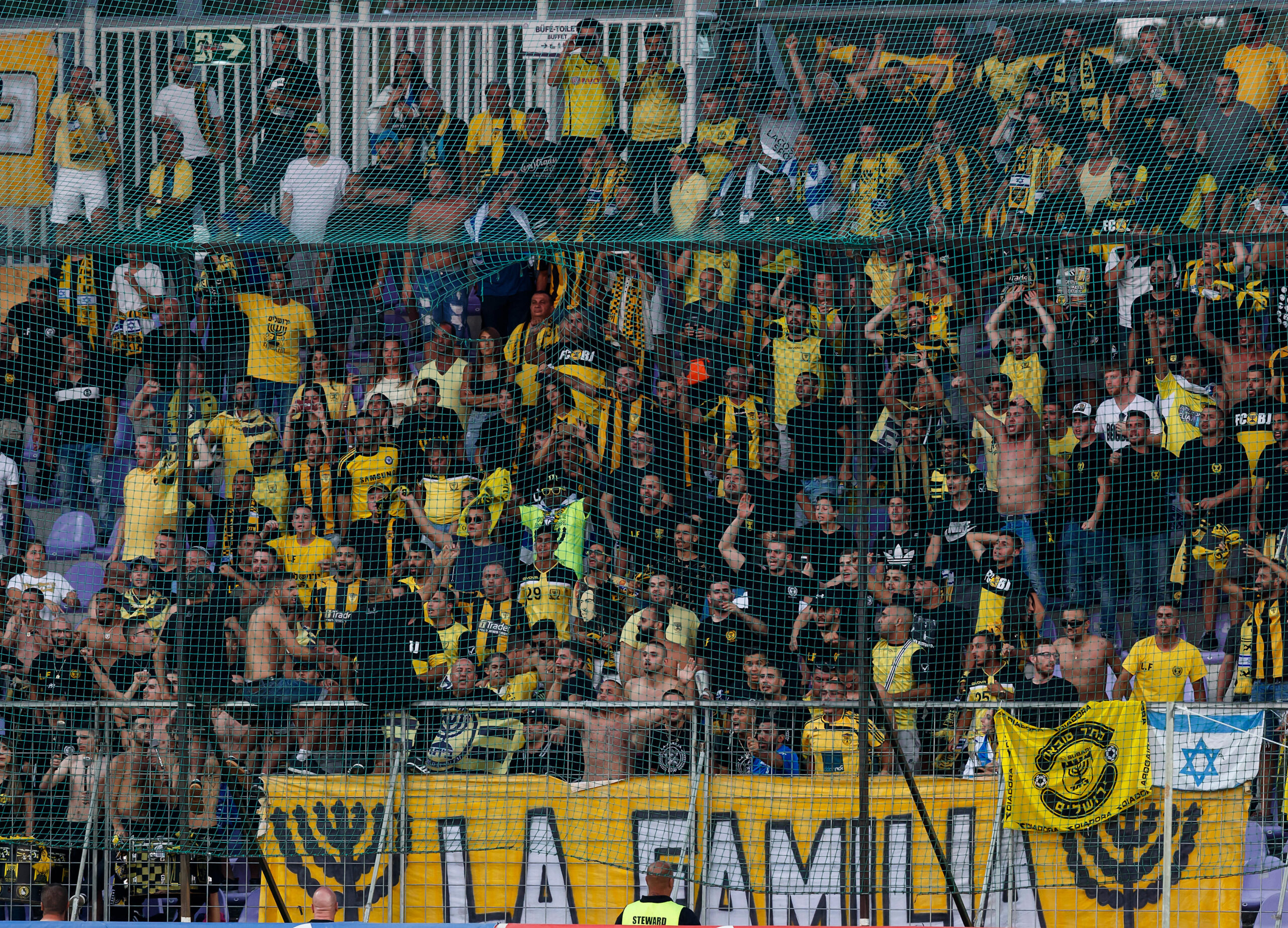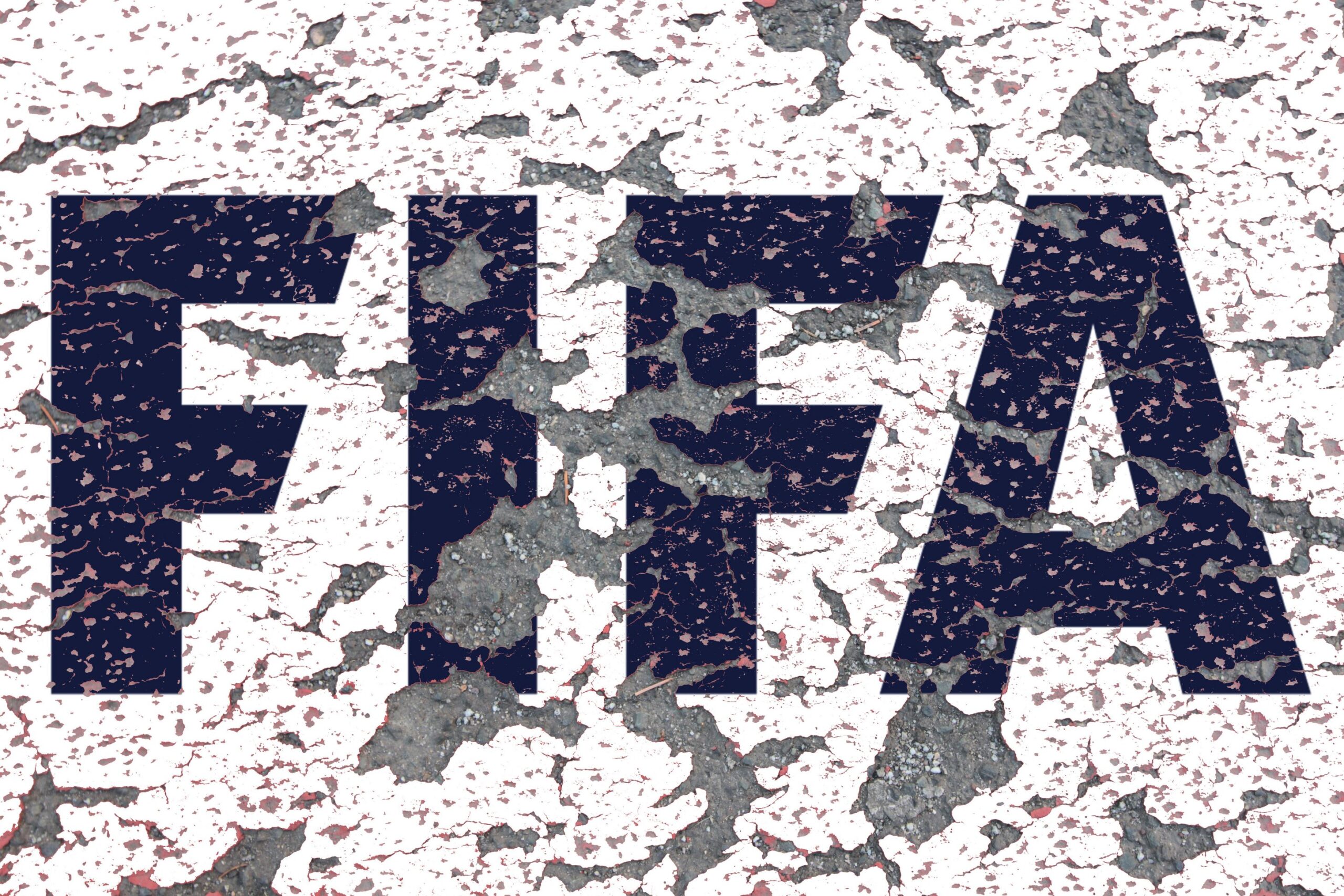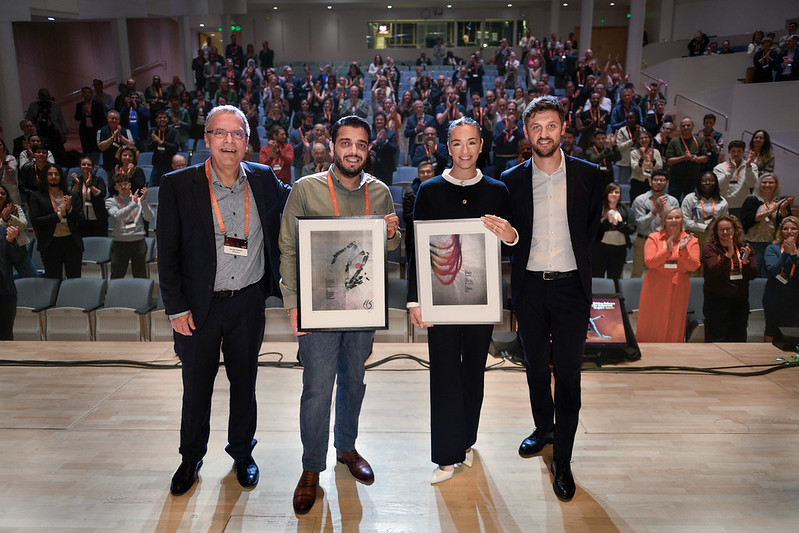
FairSquare’s key concerns regarding the governance of FIFA, the Saudi 2034 Men’s World Cup, sport’s bargain with fossil fuels, the imprisonment of a Qatar World Cup whistleblower, and Israel’s involvement in football, came to the fore across a number of urgent discussions at a gathering this month in Finland of leading athletes, activists and experts on sports ethics.
At Play the Game 2025, which brought together journalists, researchers, athletes, whistleblowers, and decision-makers in sport, FairSquare was among those making the case for a serious re-evaluation of how sport, in particular football, is governed and organised.
FIFA governance and the Saudi Arabia World Cup 2034
FairSquare Programme Director Nicholas McGeehan spoke on the governance model of FIFA, and the bidding process for the 2034 Men’s World Cup, which will be held in Saudi Arabia. Detailing research elaborated in FairSquare’s 2024 report Substitute, McGeehan argued that the failure of the governance reforms pushed through at FIFA in 2016 has created a ‘system of patronage’ and a deeply problematic business model, reliant on keeping close to world leaders regardless of their actions:
“We think about Infantino’s clownish behaviour around Trump, but it’s symptomatic of their business model, which is about getting as much out of World Cup hosts as possible”.
Money generated from World Cups is helping FIFA spend $1.6 billion on development between 2023 and 2026, with much of this money transferred to national associations, who provide the votes to underpin the FIFA President’s authority, with little oversight:
“FIFA is pumping money into places where there is a complete lack of transparency and corruption is endemic. There’s no transparency about how [this development money] is spent, even if you go looking for it – and we did.”
FairSquare argues that serious structural flaws within FIFA have resulted in the organisation contributing to a wide range of social harms, not least very serious and systematic human rights abuses, and that these preclude it from fulfilling one of its core stated objectives of developing the game.
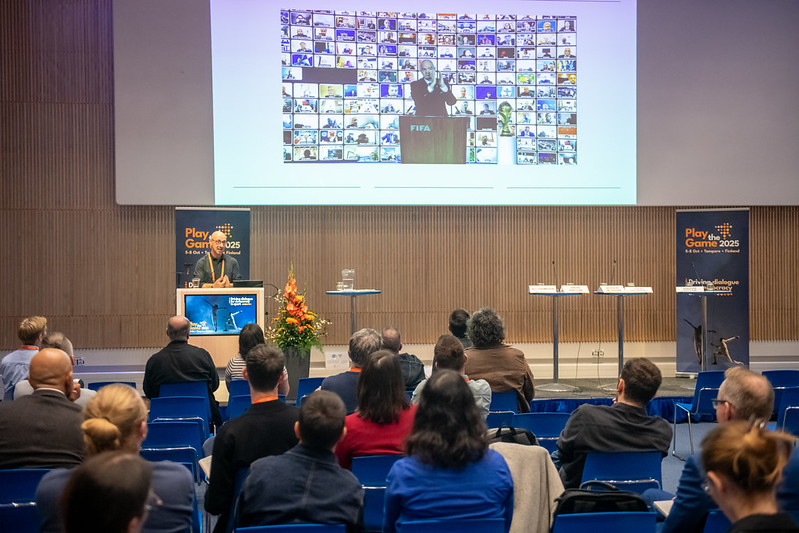
McGeehan also detailed the bidding process that FIFA followed for the awarding of the 2034 Men’s World Cup. Saudi’s bid was announced by FIFA President Gianni Infantino as the sole bid shortly before news emerged that Saudi Aramco would become FIFA’s main sponsor, involved the notorious Clifford Chance report that whitewashed human rights concerns in the country, and was sealed not by a vote but by national FAs being asked to applaud their agreement on a conference call.
In December 2024, FairSquare said that FIFA had “plumbed new depths” with the bidding process for 2034, and that this provided further evidence that “it is simply unsuited to providing proper governance of the global game.”
Saudi Aramco and global sport’s bargain with fossil fuels
A session featuring FairSquare’s Managing Director James Lynch took on the increasingly fantastical claims of sports bodies, including FIFA, that say they care about climate change and its impacts, while entering into sponsorship deals with polluters such as Saudi Aramco, the world’s biggest oil company, which has been specifically called out by UN experts for its deleterious impacts on the planet and people.
Last week, a coalition of ten human rights and climate organisations – including FairSquare, Human Rights Watch and two Saudi Arabian organisations, supported by a number of professional athletes – expressed “grave concerns” that Aramco’s sponsorships risk undermining human rights law, global climate goals and the sports’ own sustainability commitments. FIFA’s Gianni Infantino has identified climate change as “one of the most pressing challenges of our time”, but in 2024 Aramco became FIFA’s biggest-paying sponsor.
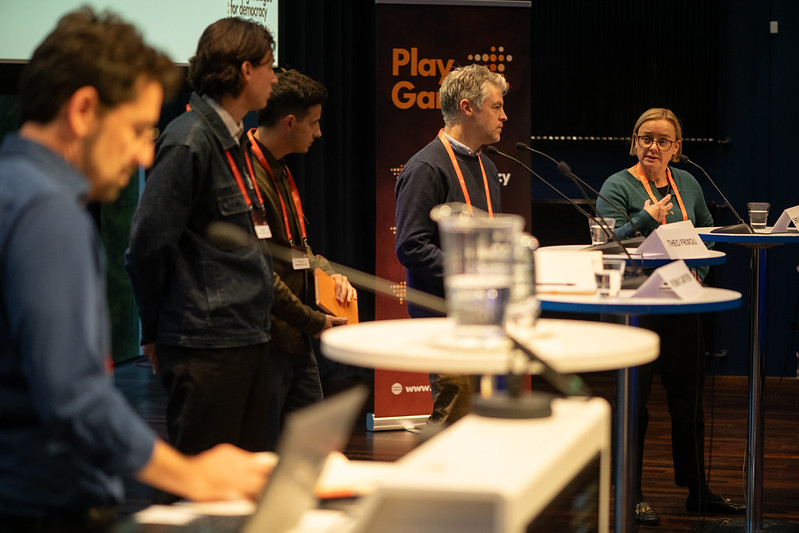
Lynch said after the event:
“Aramco is now the lead sponsor for football, cricket and motor racing – which probably get more eyeballs than any other sports – legitimising and normalising fossil fuels around the world. There are two football and two cricket World Cups between now and 2027 – all will see players and fans suffering from extreme heat, and all will be festivals of oil. To put it very mildly indeed, this is not sustainable.”
Award for Qatar World Cup whistleblower
World Cup whistleblower Abdullah Ibhais, for whom FairSquare campaigned during 2021 and 2022, won the Play the Game Award 2025, alongside champion gymnast, abuse survivor and campaigner Maggie Nichols.
Ibhais, a former media manager for the Supreme Committee for Delivery and Legacy, Qatar’s World Cup organizing committee, was arrested in 2019, months after voicing concerns over the treatment of migrant workers on World Cup construction projects. FIFA, the international football governing body, refused to publicly support calls for Ibhais to receive a fair trial after he said that he had been the subject of a malicious prosecution. He was arrested again in November 2021 and served more than three years in prison for bribery.
In a decision made public in July 2024, the UN Working Group on Arbitrary Detention published a 13-page opinion on Abdullah’s case, concluding that there was no legal basis for his detention, that his deprivation of liberty resulted from his exercise of his rights and that there were multiple violations of his right to a fair trial, which included refusing to investigate his allegations of a coerced confession, denying him legal assistance, and denying him the right to access evidence.
Speaking at a session on the role of whistleblowers, Abdullah Ibhais mentioned the important role of FairSquare and investigative journalists in shedding light on his case:
“I’d like to thank FairSquare, Nick McGeehan, Havard Melnaes from Josimar, Benjamin Best from ARD. These were the three main characters who allowed my case to be heard, and made enough noise for it to break the surface and be heard around the globe. Yes, I went to jail but I believe if not for that intervention, I would have spent many years more in jail in Qatar. I think I got lucky.”
Israel football under the spotlight
Throughout the conference, the question of Israel’s involvement in football featured as a significant point of discussion. FairSquare has been arguing since 2024 that FIFA has multiple grounds to suspend Israel from international football. In a session on “football’s geopolitical game”, football writer and historian David Goldblatt, who advises FairSquare on its work on accountability in sport, argued that the case for Israel’s exclusion was clear:
“There is no ambiguity here, there is no room for manoeuvre. They have broken FIFA’s rules. If anybody else had done that, they would be out.”
